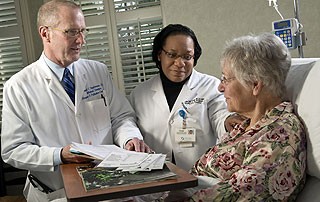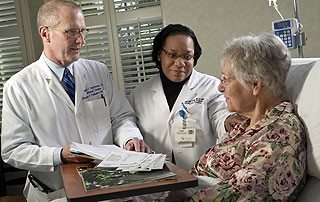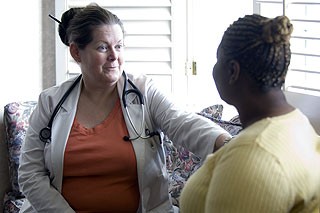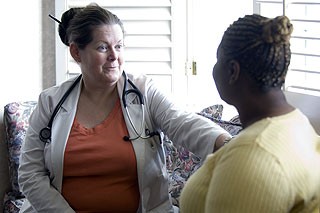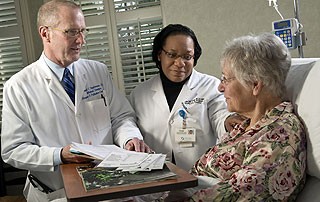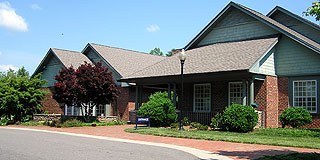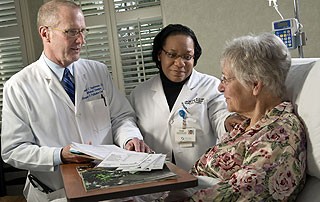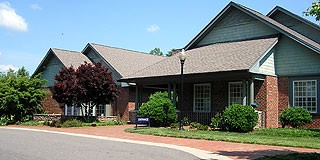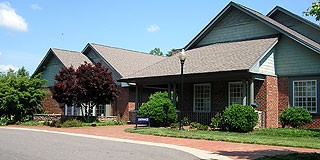Thursday October 16th, 2014
Unwanted odors
Some elders worry that they have an offensive odor (or their house does) and they don't know it. As it turns out, starting at about age 40, a natural fragrant compound is found in the sweat and skin that increases over time. It's not a bad smell, per se. Just one that is uniquely identifiable as pertaining to older adults.
Older adults do lose the sense of thirst, so they are often dehydrated. This leads to stronger odors of the mouth, of the urine, of the skin.
